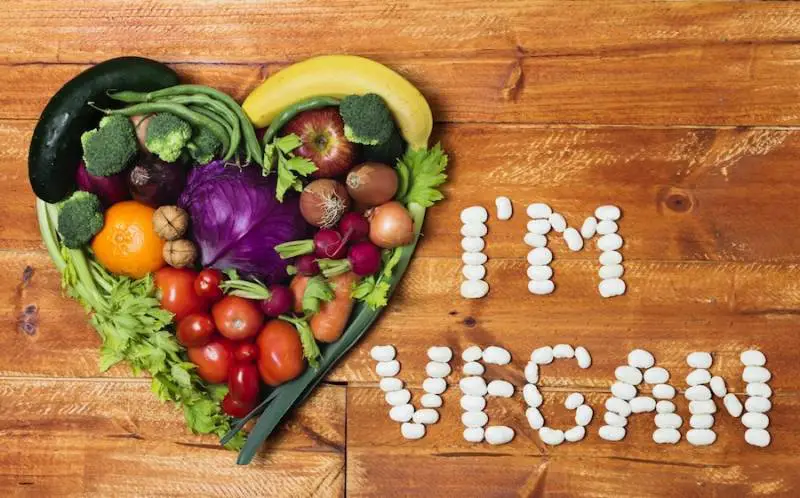Expert Tips on Maintaining a Vegan Lifestyle

Amid reports that 3/5 of the most common new year's resolutions are health related - improving fitness, losing weight, and optimizing diet – you may be eager to dig deeper into the advantages of a vegan diet and its potential impact on your fitness journey.
What are the benefits of a vegan diet?
Research has highlighted that there are several benefits of the vegan diet, particularly for athletes or those who engage in regular exercise.
Senior general practitioner in family medicine and life and mental health coach Dr. Hana Patel commented:
“Vegan diets offer a wide range of health benefits and may provide performance enhancing effects in various types of exercise. This is attributed to their high carbohydrate levels and a rich concentration of antioxidants and phytochemicals found in plant-based foods.”
Nutrition expert, Scott Harrison, further emphasized that a well-planned vegan diet can provide an abundance of nutrients and is often associated with lower risks of heart disease due to lower saturated fat and cholesterol intake.
However, Scott warns that achieving a healthy balance of protein, carbohydrates, and fats is essential. It’s important to remember that just because a food is ‘vegan’ does not mean it is healthy.
How a plant-based diet could improve muscle strength and agility:
Physiotherapist Kieran Sheridan explains:
“Compared to meat, vegan diets are low in saturated fat and high in fibre which can prevent inflammation and damage athletic performance. Plant-based diets are also free from cholesterol which can improve blood flow and thickness.
[Plant-based diets can] also improve oxygen levels that reach muscles which helps athletic performance and agility. Since a vegan diet can reduce body fat, it will help athletes use oxygen to fuel their exercise. Having a plant-based diet also raises VO2 max, the amount of oxygen that can help an athlete be resilient to intense exercise.”
For athletes following a vegan lifestyle, nutrition expert Scott Harrison further advised:
“Ensuring an adequate intake of protein from a variety of plant sources to support muscle growth, maintenance and repair. As well as this, it’s essential to prioritize the consumption of a diverse range of essential macronutrients and ensure proper hydration. Staying well-hydrated is crucial for your body and athletic performance.”
How to maintain a vegan diet:
Experts emphasize the crucial role of maintaining adequate levels of vitamins and nutrients, particularly vitamin B12.
Dr Patel explains that vitamin B12 is essential for your body’s blood and nerve cells. A deficiency in this vitamin can lead to weakness and fatigue, affecting the ability of athletes to perform at their best. Ensuring sufficient B12 intake can also provide the energy needed for expert performance.
Spokesperson Tulik Vova from Ticketgum added:
“Understanding the ins and outs of adopting a vegan lifestyle, from choosing the right foods to ensuring a balanced nutrient intake, is crucial for cultivating a strong, powerful, and resilient body and mind—even more so as an athlete or someone who regularly exercises.
By fueling your body with plant-based nutrition, you not only contribute to your overall well-being but also lay the foundation for optimal physical prowess, making strides towards becoming a more resilient and accomplished athlete."
When embarking on a new diet, it's essential to collaborate with a professional who can guide you in tailoring it to your unique health and body needs. This personalized approach, coupled with diligent research, sets the foundation for a successful and sustainable journey towards well-being.











![6 Content Creation Ideas for Aspiring Student Influencers [node:title]](/sites/default/files/styles/front_featured__front_/public/smiley%20woman%20with%20ring%20light%20content%20creator%20influencing%20ideas.jpeg?itok=xZW21mJh)

























